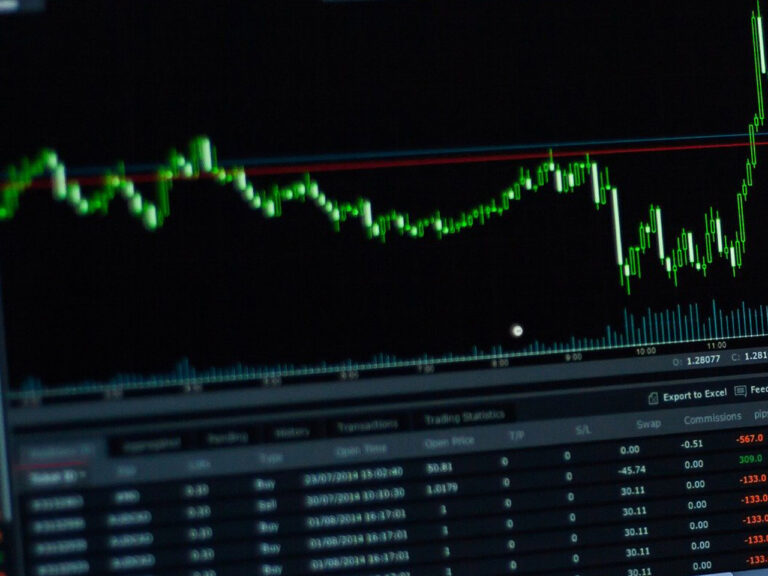HSBC Holdings PLC, listed on the London Stock Exchange under the ticker HSBA.L, stands as a stalwart in the financial services sector. As one of the largest diversified banks in the United Kingdom, HSBC has a substantial market capitalisation of $162.63 billion, underpinning its influence and reach across global markets.
Currently trading at 933 GBp, HSBC’s stock price has experienced a range between 625.80 GBp and 942.50 GBp over the past year, reflecting the broader market’s volatility. Despite this fluctuation, the bank’s shares have shown resilience, with the current price hovering near the upper end of its 52-week range.
A closer look at HSBC’s valuation metrics reveals some areas requiring investor scrutiny. The absence of a trailing P/E ratio and a remarkably high forward P/E ratio of 664.85 could suggest expectations of significant future earnings growth, or alternatively, the result of some accounting anomalies or forecasts of transient financial challenges. The lack of data on PEG, Price/Book, and Price/Sales ratios further complicates a straightforward valuation assessment, urging investors to rely more on qualitative factors and forward-looking statements.
HSBC’s revenue appears to be under pressure, posting a decline of 16.30%. However, the bank maintains a solid return on equity at 10.96%, indicating efficient use of shareholder funds in generating profits. Earnings per share stand at 0.81, providing a glimpse into the bank’s earnings capacity on a per-share basis.
For income-focused investors, HSBC’s dividend yield of 5.68% is particularly attractive. Coupled with a payout ratio of 59.18%, this suggests a well-balanced approach to rewarding shareholders while retaining sufficient earnings for reinvestment and growth.
Analyst ratings paint a mixed picture: with six buy ratings, nine hold ratings, and one sell rating, the sentiment is cautiously optimistic. The average target price of 925.36 GBp indicates a slight potential downside of -0.82% from the current price, underscoring the stock’s alignment with market expectations.
From a technical standpoint, HSBC’s 50-day and 200-day moving averages stand at 883.71 GBp and 814.59 GBp, respectively. The stock’s RSI (14) of 41.43 suggests it is neither overbought nor oversold, while its MACD and Signal Line values highlight recent bullish momentum.
Established in 1865 and headquartered in London, HSBC offers a comprehensive suite of services through its Wealth and Personal Banking, Commercial Banking, and Global Banking and Markets segments. This diversified approach allows HSBC to cater to a wide range of clients, from personal banking customers to large corporates and government entities.
Investors looking for exposure to a globally integrated banking institution with a strong dividend profile might find HSBC Holdings an appealing option. However, it is crucial to balance this with the understanding of current revenue challenges and the need for careful monitoring of future performance metrics to ensure alignment with personal investment goals.






































